Platform Biobank
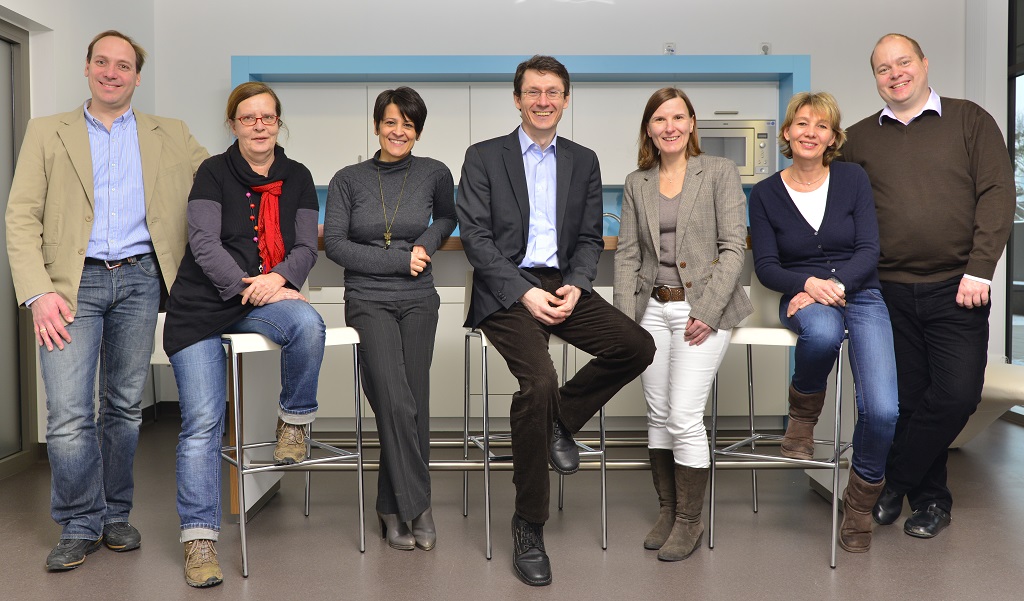
Biobanks analyze, collect and manage clinical and research biomaterials according to standard procedures. The Hannover Unified Biobank is a centralized, modern and unified biobank, which develops and implements exacting biobanking standards for the DZL in Hannover. The Hannover Unified Biobank provides high standards of quality and excellent sample security.
Standardized biobanking at the DZL sites facilitates sophisticated and secure storage of biomaterials. Biomaterial samples from the clinic and from research are analyzed, collected and managed in the biobanks at the relevant sites.
The biobank platform of the DZL aims to register the existing biobanks at the individual sites, to network them and make them accessible to the research projects of the DZL. A DZL biobanking portal is also currently being established, to be available in the future to all DZL members and networked with alreading existing internet catalogs of biobanks (e.g. the German Biobank Register). In addition, the DZL biobank platform is working towards harmonization of biomaterial collections. The harmonization and unification of the Standard Operating Procedures and further biobanking guidelines dealing with ethics, data protection and quality assurance as well as the recording of clinical phenotyping data are the main tasks of the biobank platform.
Platform Bioinformatics
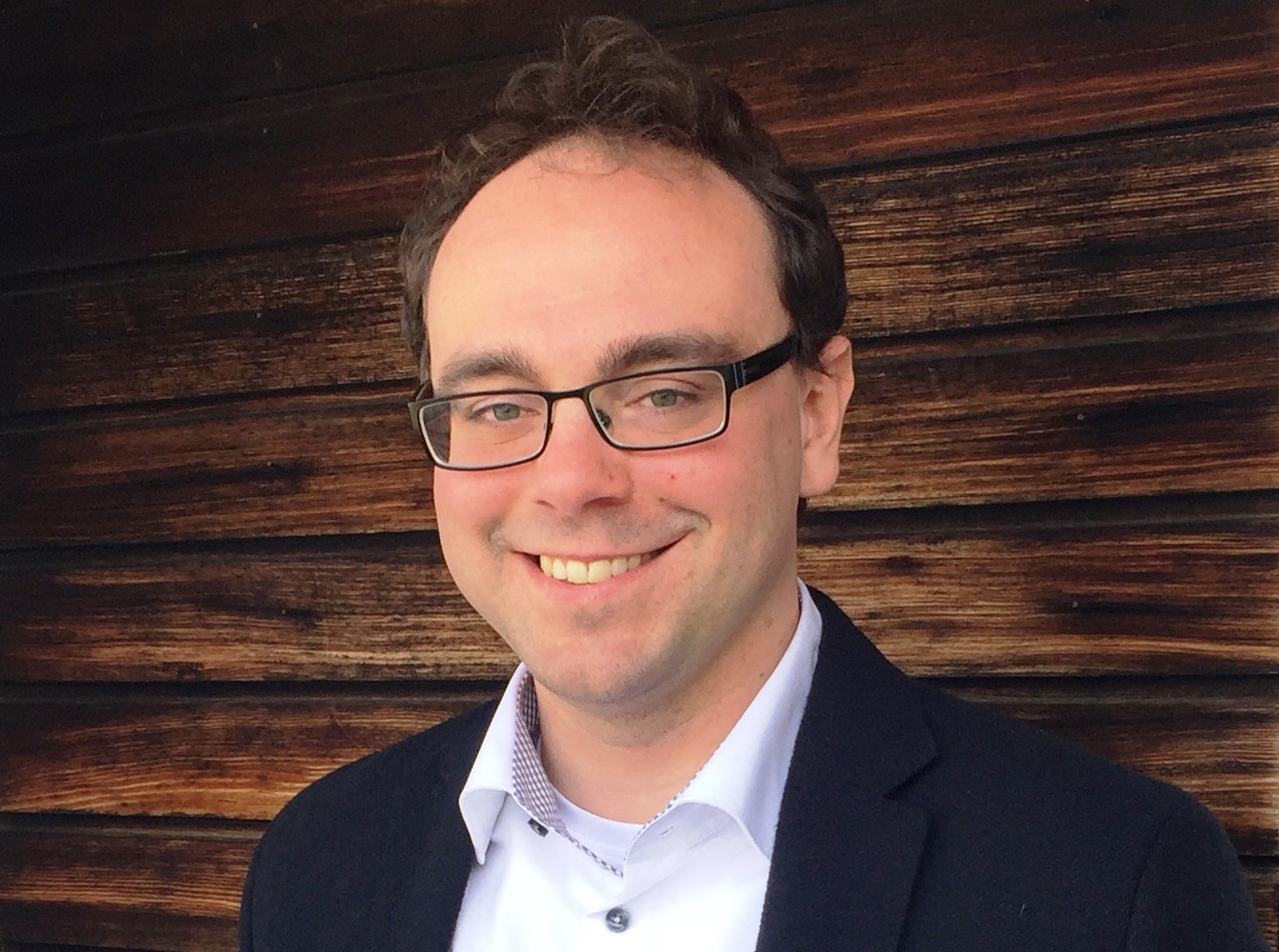
Modern investigative technologies in medical research produce unprecedented amounts of data for each patient, be it genomics, Transcriptomics, epigenetics, or metabolomics data. The processing and evaluation of such data require expertise in computer science, programming and statistical analysis. As a result, Bioinformatics had emerged as a necessary field in biomedical research in which expertise in the areas of biology are combined with computer science.
- Active areas of research include
- Microbiomics / metagenome analysis
- Comparative Transcriptomics ( RNA-seq, microarrays)
- GWAS (genome wide association studies)
- Metabolomics
Bioinformatic resources developed at BREATH will soon be available to all DZL sites. An important goal of the Bioinformatics Platform is to facilitate an exchange of analysis capabilities among the DZL sites. Furthermore, through the integration of the diverse data types generated in the DZL, it is possible to gain important insights into the biology of lung disease.
Platform Data Management
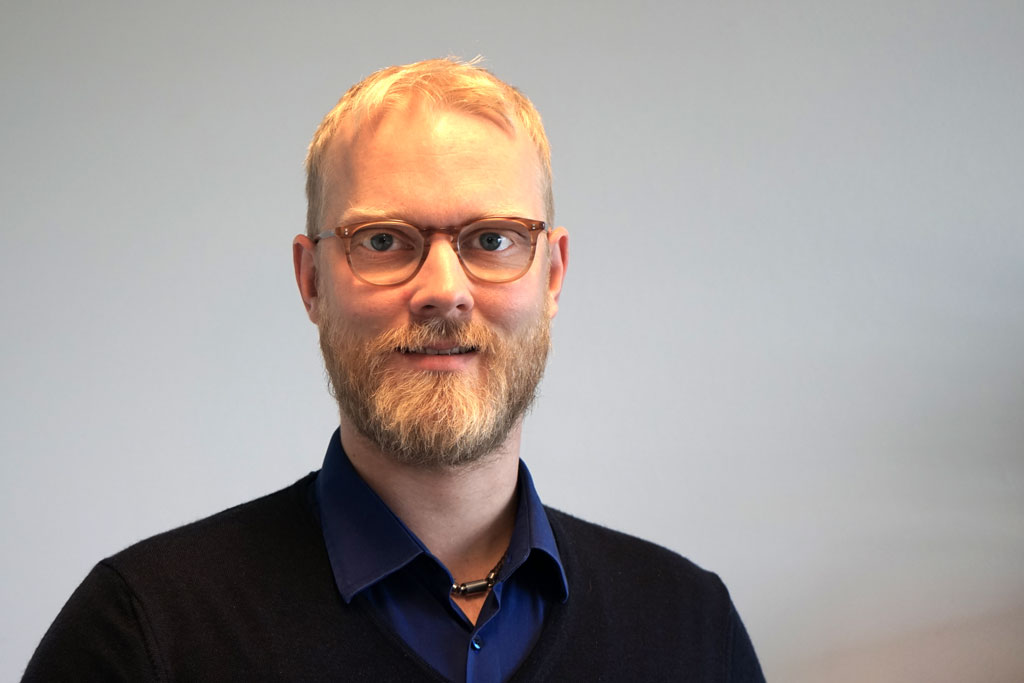
Data management is described as all infrastructural and systematic facilities and processes that allow the optimal and efficient use of data. With the ever-increasing amount of data being produced, (medical) data management has become more and more important over the past few years.
In the German Center for Lung Research (Deutsches Zentrum für Lungenforschung - DZL) the data from all five participating sites must be collected, for later use in scientific research. Since the data structure is heterogeneous rather than homogeneous, the data must be harmonized and aligned. The data (and their processes as well as the infrastructure) are subject not only to a complex system of rules and roles, but they must also conform to data protection laws and the data quality must be correct.
At each of the DZL sites, a data manager is responsible for the above-mentioned tasks and they all work closely together across the sites in the Data Management Task Force.
Platform Imaging
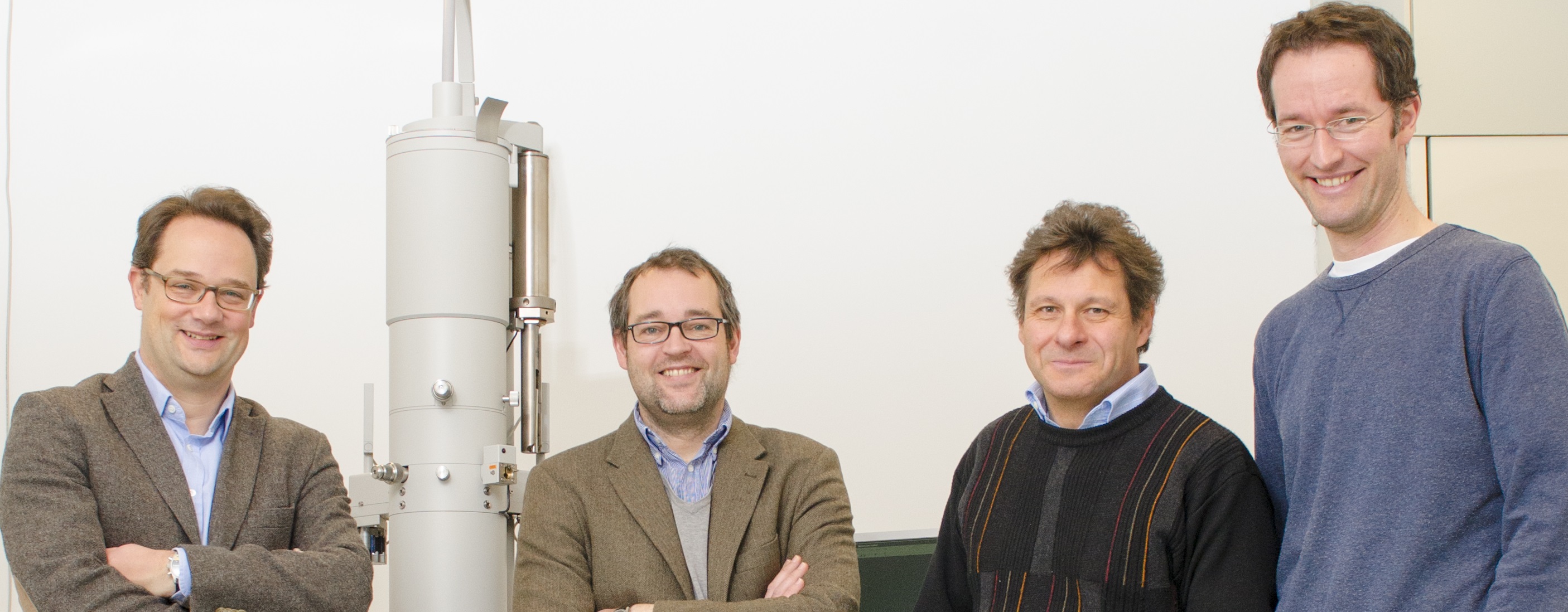
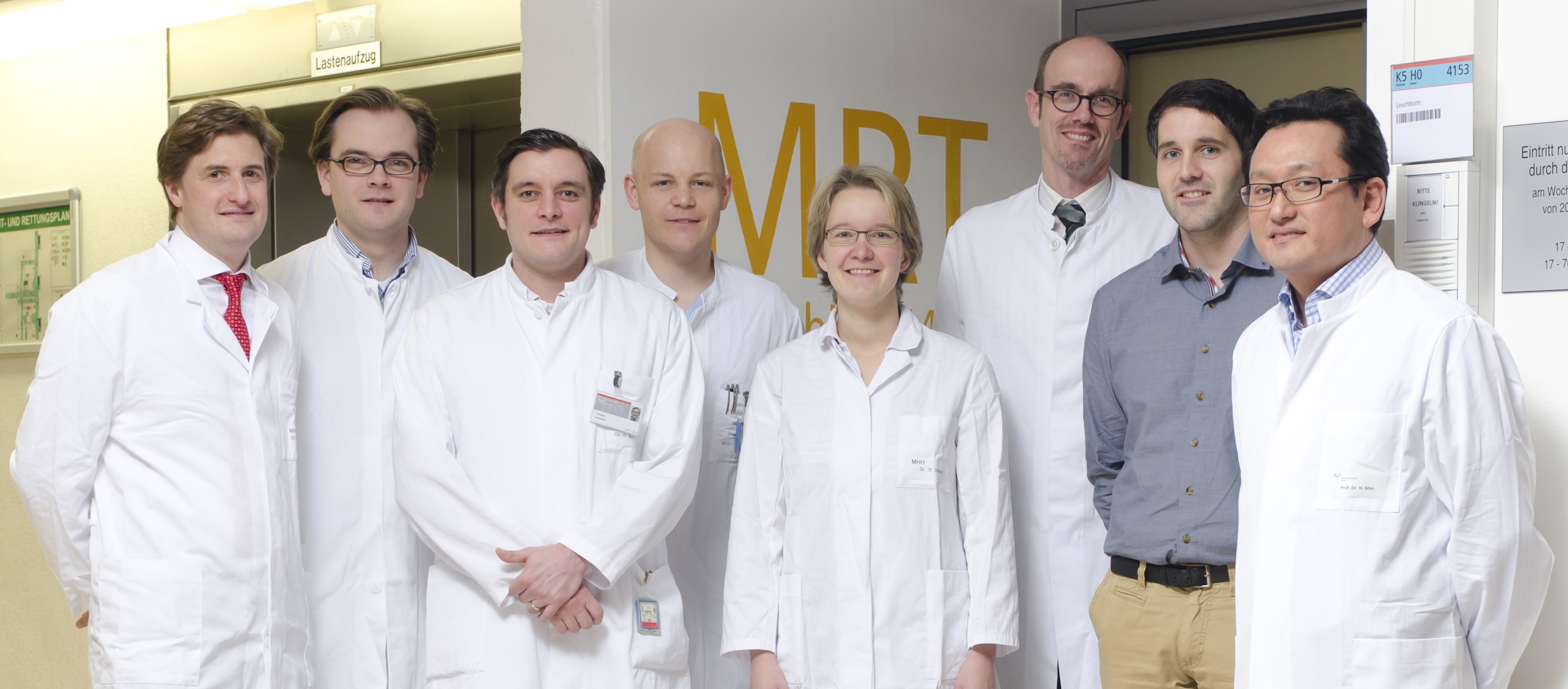
Imaging techniques like, for example, microscopy and magnetic resonance imaging (MRI), are key instruments in understanding living systems. The imaging platform of the DZL, with its state-of-the-art imaging technology, constitutes a success factor of the DZL. This concept is in line with the European Strategy Forum on Research Infrastructures (ESFRI) and particularly with the policy of the Euro-BioImaging Project. The imaging platform should guarantee the use of the latest imaging technology for the research carried out within the DZL.
The platform pools the existing skills of all DZL partners and provides the following:
- Instruction and project coordination with regard to imaging and its management
- Stratification of structures and functional representations
- Central administration, standardization of guidelines
- Quality management
- Imaging technology training
- Guarantee of the adherence to ethical and legal guidelines
- Implementation of the principles of Good Scientific Practice
The platform covers the whole spectrum of imaging techniques and levels of resolution, from radiological imaging of the complete human lungs to small animals (CT, microCT, MRT, PET, FMT), as well as from high resolution electron microscopy (TEM, cryoEM, electron tomography) to quantification of the lung structure (stereology).
Pulmonary Pathology Platform
Material from the human lung is particularly valuable for translational research: it is essential for testing and understanding the mechanisms of the highly diverse pulmonary diseases, such as chronic obstructive pulmonary disease (COPD), pulmonary hypertension, pulmonary fibrosis or others.
Due to its exceptional importance, a separate platform for pulmonary pathology was established within the BREATH research network in 2014. This platform is based at Hannover Medical School (MHH), one of the largest lung transplant centers in the world, and provides clinicians and researchers in the German Center for Lung Research (DZL) with a sophisticated logistics system (including 24h on-call service and processing of fresh material / 7 days a week), the latest histopathological and molecular pathological diagnostics and valuable lung material of outstanding quality.
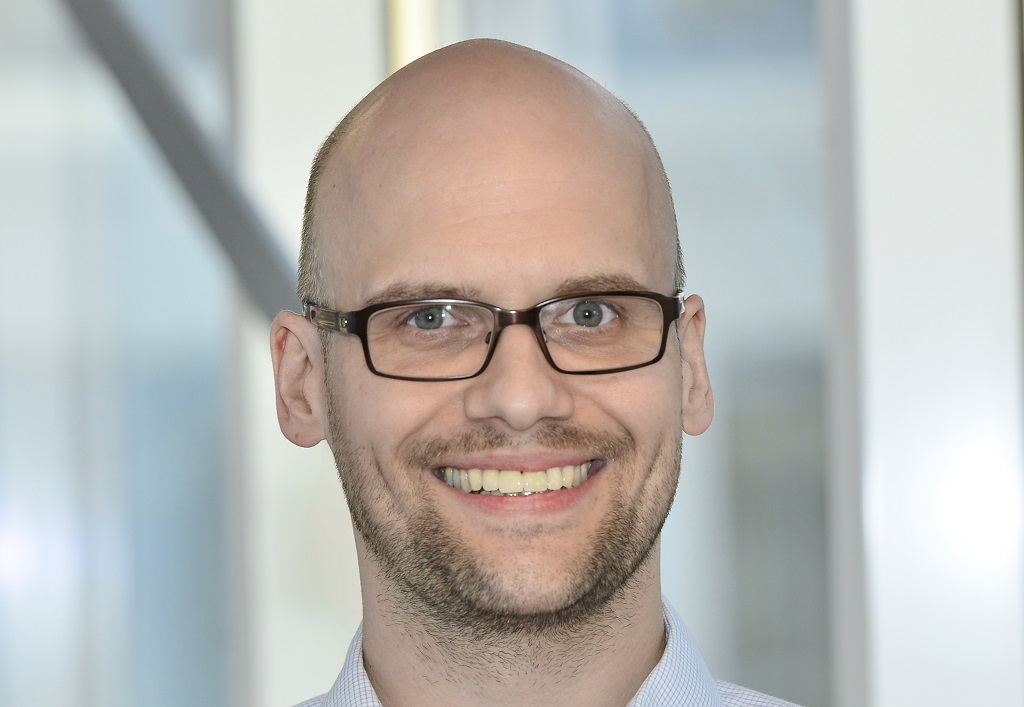
Research at BREATH
The Pulmonary Pathology research team at the MHH, with its 15 members, deals intensively with tumor diseases, alterations in the lung occurring in various diseases, and also with pulmonary hypertension. Linking clinically relevant issues with the morphology of tissues and the molecular pathology of the lung is the main focus of the research.
From the main research topics:
- Morphological and molecular characterization of the non-small cell bronchial carcinoma (Project Leader: Dr. Florian Länger),
- Fibrotic remodeling and experimental pathology of the lung (Project Leaders: Prof. Dr. Danny Jonigk and Dr. Florian Länger) and
- Pulmonary hypertension (Project Leader: Prof. Dr. Danny Jonigk),
a number of continuing national and international projects and cooperations have been established at BREATH, in which, among other things, fresh tissue from explant recipient lungs is used in interdisciplinary projects to find an answer to diverse issues.